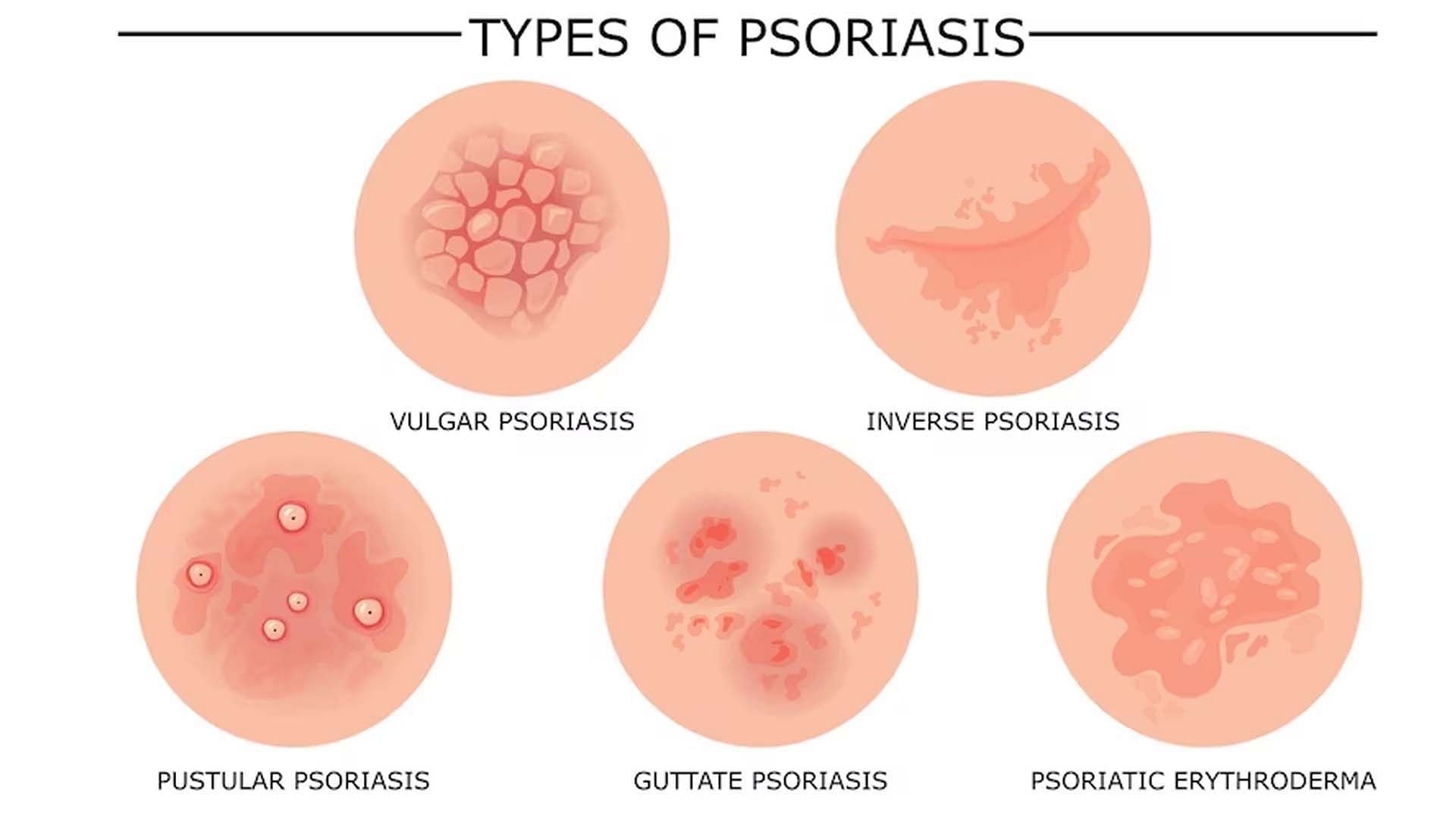From healthline.com
Every case of psoriasis is unique, so no single treatment method is guaranteed to help every case. That said, certain home remedies may provide relief for psoriasis symptoms.
The following are nine home remedies that have shown some promising results in providing relief for psoriasis symptoms and may provide some benefit to you.
A warm (not hot) bath can be soothing to the skin, especially if you’re living with psoriasis. You can try adding Epsom salt, mineral oil, colloidal oatmeal, or olive oil to help with itching and irritation.
The following tips will help ensure that your bathing doesn’t worsen your symptoms:
- Only bathe or shower once per day.
- Limit showers to 5 minutes and baths to 15 minutes.
- Use a moisturizing soap.
- Pat yourself dry and avoid rubbing.
- Apply a moisturizer following the bath.
Learn about oatmeal or Epsom baths for psoriasis.
You can apply creams made from aloe vera plant extracts directly to the skin to help reduce discoloration, scaling, itching, and inflammation.
In a
The National Psoriasis Foundation recommends using creams that contain up to 0.5% aloe vera. You can apply these creams up to 3 times per day.
Omega-3 fatty acids may help decrease inflammation in your body. This may be beneficial for psoriasis symptoms since systemic inflammation is the underlying cause of the itchy, discolored flakes.
Omega-3s can be found in a variety of foods, including:
- flaxseed oil
- nuts
- seeds
- soy
- fatty fish
Fish oil is also available as a dietary supplement.
However, existing research on omega-3 fatty acid supplements and psoriasis is mixed. According to an
In a 2017 survey of 1,206 people with psoriasis, about 45% of those who added omega-3 fatty acids to their diet saw an improvement in their skin.
However, a
If you decide to take fish oil supplements, read the label carefully and consider talking with a doctor first. They may advise you to avoid taking them if you have other medical conditions or take other medications.
Turmeric is a spice used extensively in Indian, Middle Eastern, and other Asian cuisines. This distinctive yellow spice has an active ingredient called curcumin. Researchers have looked into the effects of curcumin on various skin disorders, including psoriasis.
In a
In a
Oregon grape or Mahonia aquifolium is an antimicrobial herb in the barberry family.
In a
You can find Oregon grape in ointment and cream forms online or at some pharmacies or health stores.
If you’re living with psoriasis, your chances of developing a comorbidity (a condition that develops due to or in association with an existing condition), such as heart disease, type 2 diabetes, or obesity are higher.
Some ways to lose or maintain a moderate weight include:
- eating more whole foods, such as fruits and vegetables
- eating lean meats and other healthy proteins
- eating less sugar
- cutting out highly processed foods
- exercising consistently
Try using a humidifier to keep the air in your home from getting too dry. Humidifiers add moisture to the air, which may help to prevent dryness that can irritate your already sensitive skin.
Experts say that dry, cold air is a potential trigger for psoriasis is a trigger for some people. If you find your psoriasis symptoms worsen during winter months or in dry air, a humidifier may help.
Stress is a known trigger for psoriasis flare-ups. Finding ways to reduce and manage your stress can potentially prevent flares or lessen their severity.
While no studies have been done to determine whether the following activities have a direct effect on psoriasis symptoms, they may help you to reduce stress in general, which may have some benefits to your psoriasis symptoms:
- meditation
- yoga
- deep breathing exercises
- aromatherapy
- writing in a journal
Keeping your skin moist plays an important role in managing your psoriasis symptoms. Moisturizers can help keep the skin from flaking and itching.
In fact, organizations like the American Academy of Dermatology Association (AAD) note that moisturizer creams and emollients are standard therapy for psoriasis, alongside other therapies.
You should apply moisturizer at least once per day, following showers, in the morning, or before bed. You may find it helpful to establish a routine for moisturizing.
However, make sure you avoid moisturizers with heavy amounts of fragrance, dyes, or other additives. These can irritate the skin.
The following sections provide answers to some frequently asked questions.
What foods clear up psoriasis?
No diet is currently recommended for psoriasis. But you may find that eating a diet that promotes a moderate weight and includes fruits, vegetables, whole grains, and lean proteins helps prevent flares or worsening symptoms. It may also help prevent comorbidities from developing.
What triggers psoriasis?
There are several potential triggers for psoriasis. It’s important for you to learn your triggers, track them, and try to avoid them as much as possible. Not everyone will have the same triggers, but some common ones include:
- stress
- injury to the skin
- illness
- dry air
- weather
- certain foods
- alcohol
How can I get rid of psoriasis quickly?
Though home remedies may help soothe your symptoms, your best bet to clear psoriasis quickly is to talk with a doctor about formal treatments. A doctor can provide therapies that may help get your psoriasis under control and stop a flare-up.
Home remedies aren’t a replacement for your doctor’s prescriptions to treat psoriasis. But remedies like fish oil supplements, Oregon grape, and warm baths may help alleviate your symptoms.
However, there aren’t enough large, well-controlled clinical trials to prove that these remedies work well for everyone.
Anecdotal evidence or results from studies that only include a small number of people should be taken cautiously and with some skepticism. Keep in mind that what works for one person might not work for you.
Always tell your doctor before you start a new treatment or home remedy for psoriasis. Stop using any treatment that causes irritation, pain, or worsening of your symptoms.


